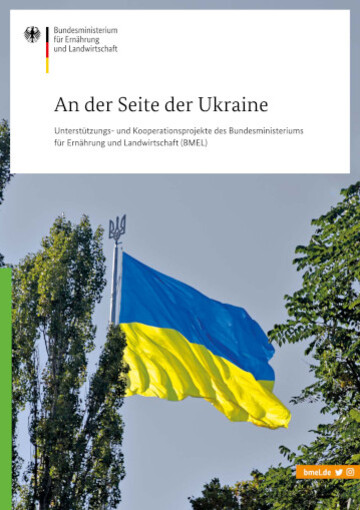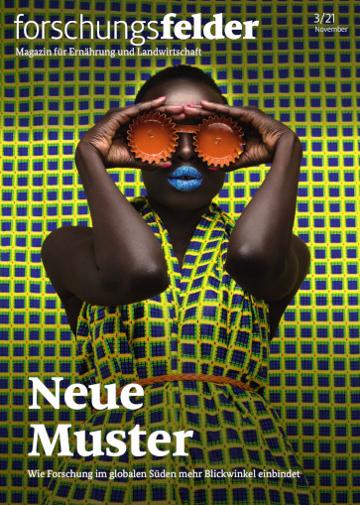G7 Online Workshop
On 29 November 2022, a 3 hour G7 online workshop was held on the topic of “Carbon sequestration in agriculture – opportunities and challenges”.
In their Communiqué of 14 May 2022 the G7 agriculture ministers stated that they welcomed the organisation of a multilateral workshop during the German G7 Presidency to continue the exchange of scientific findings. The main goal of this workshop was to discuss how to improve monitoring, reporting and verification (MRV) of emission reduction and removal from the atmosphere by carbon sequestration in soils and biomass as a consequence of sustainable land management practices.
The Coordination Unit Climate and Soil of the Johann Heinrich von Thünen Institute organised and conducted this workshop.
35 scientists and policy-makers from the G7 countries and international organisations attended the workshop.
Two keynote presentations provided an overview of technological opportunities and challenges and highlighted options for political action to promote carbon storage in agricultural soils.
After these presentations, speakers from all G7 countries shared country-specific information on these topics and solutions to improve national MRV systems. A representative of the EU Commission also gave a presentation on the EU’s strategy on sustainable carbon cycles.
The workshop participants stressed that they generally welcomed the promotion of sustainable land management practices and that good national examples already existed. Many speakers agreed that the preservation and improvement of soil fertility and climate change adaptation should be placed at the forefront, which additionally benefits climate change mitigation. It is, however, becoming apparent that an accurate and reliable measurement of the achieved reduction and sequestration of emissions thanks to sustainable land management practices cannot yet be ensured and that other greenhouse gases such as nitrogen also have to be taken into account. In addition to that, the potential of carbon storage in agricultural land must not be overestimated, and at the same time, sustainable land management practices such as applying less mineral fertiliser should be prioritised.
For further information on the workshop, please refer to the Workshop-Programm (PDF, 118KB, File does not meet accessibility standards) .
Presentations of the workshop participants
- Country Presentation USA (PDF, 2MB, File does not meet accessibility standards)
- Country Presentation Canada (PDF, 4MB, File does not meet accessibility standards)
- Country Presentation France (PDF, 785KB, File does not meet accessibility standards)
- Country Presentation UK (PDF, 1MB, File does not meet accessibility standards)
- Country Presentation Germany (PDF, 2MB, File does not meet accessibility standards)
- Country Presentation Japan (PDF, 2MB, File does not meet accessibility standards)
- Country Presentation Italy (PDF, 4MB, File does not meet accessibility standards)
- Keynote Presentation INRAE (PDF, 5MB, File does not meet accessibility standards)
- Keynote Presentation OECD (PDF, 546KB, File does not meet accessibility standards)
- Presentation EU Commission (PDF, 550KB, File does not meet accessibility standards)













